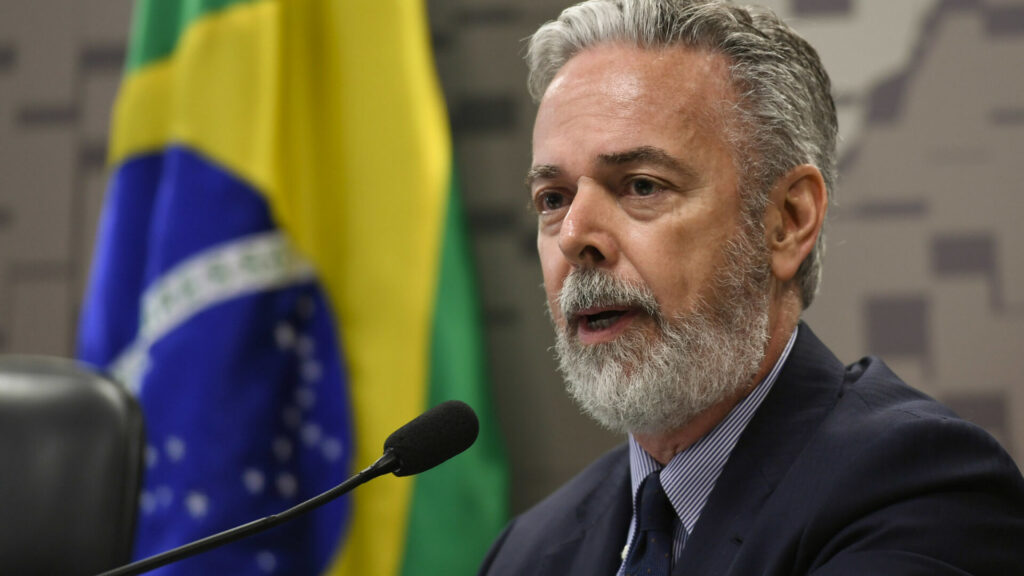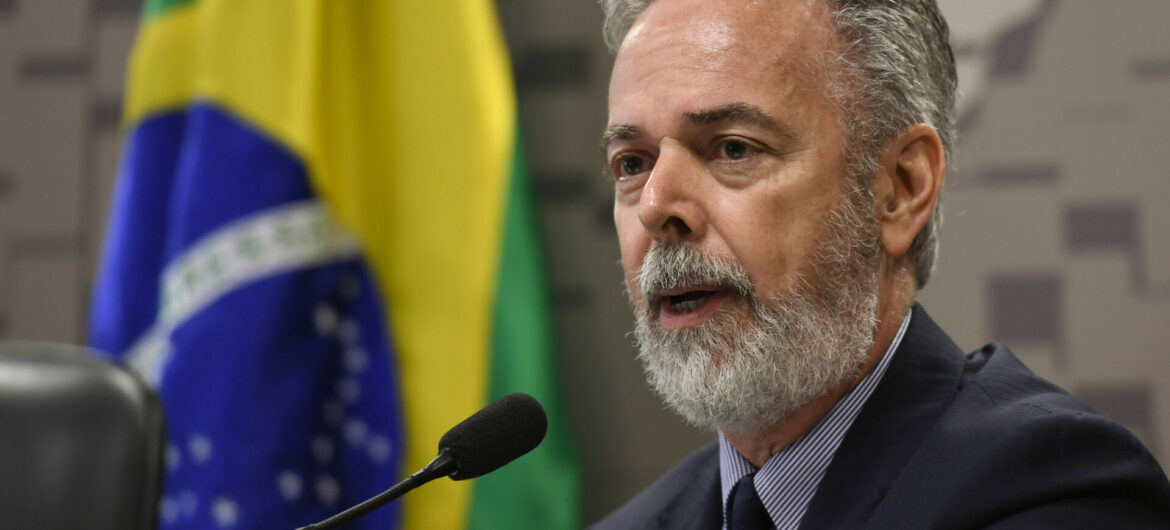“Brazil is back” was the slogan used by Luiz Ignácio Lula da Silva (Lula) when he was reelected President of Brazil in 2022.
The Brazilian Government’s recently appointed ambassador to the UK, His Excellency Antônio Patriota, was on Falmer campus on the evening of 15 February, paying a visit to the Institute of Development Studies (IDS). As part of this visit, Patriota gave a lecture on the priorities of Brazil’s government, towards tackling pressing global challenges. The event was a part of IDS’s “Brazil in the World” event series. The talk was chaired by Peter Taylor, the Director of Research at IDS.
Brazil, which is set to be the host nation of COP30 in 2025, is the world’s eighth largest economy and boasts the sixth largest population. Brazil is, importantly, the home of the Cerrado ecoregion and vast swathes of the Amazon rainforest, the largest rainforest on the planet, making it an indispensable player in global climate decision making.
Antônio Patriota, who has previously served as Brazil’s ambassador to the United States, Egypt, and the United Nations, highlighted the importance of his visit to Sussex. Patriota stated that IDS “speaks the same language as the government I represent”, emphasising the shared values of sustainability, democracy, and the rule of law. The talk focused on the value of sustainable policy, highlighting Brazil as a country at the forefront of climate and environmental debates, both with its vast ecosystems and Lula’s current incumbency as chairman of G20. Patriota emphasised Brazil’s status as having the cleanest energy matrix within the G20 which, according to Ember, puts the country’s share of electricity output as being 89.1% clean. Patriota highlighted that 45% of this is from sustainable sources of energy, putting Brazil at the forefront of climate action. However, no matter the actions Brazil takes, ‘the Amazon will still be under threat due to global greenhouse gas emissions.’

Patriota went on to list the three core priorities that shape Brazil’s approach to COP30.
These included the goal of tackling hunger and inequality, which Patriota referred to as the “enemy of sustainable development” and of democracy. This goal focuses on rural, especially female, workers, who are the most vulnerable to inequality and its effects, with inequality being one of the many subjects which IDS studies. The second major priority Patriota outlined was combatting global warming, and in doing so, taking responsibility not just for existing populations but for future generations. The final priority of the Brazilian government was for improvement in international governance. Lula’s stance is that the current system, specifically the United Nations, is working inadequately and must be improved in order to better tackle global challenges. One solution Patriota put forward is an overhaul of the UN Security Council (UNSC), in order to make it more representative. The UNSC has often been criticised for being outdated, giving too much power and influence towards countries which were large international players at the time it was founded after the second world war.
Patriota went on to bring the focus on climate action back closer to home. He praised IDS as a focal point for think tanks in Great Britain whilst also emphasising the UK’s potential to play a huge role in global cooperation. Despite the UK government reducing the percentage of GDP spent on cooperative action, Patriota claims to have picked up a strong sense of “desire for cooperation” within the UK, with Brazil being “more than predisposed” to working with the UK once again.
With a Labour victory seemingly on the horizon for the 2024 General Election, it will be interesting to see how the UK’s stance on cooperation might change.



